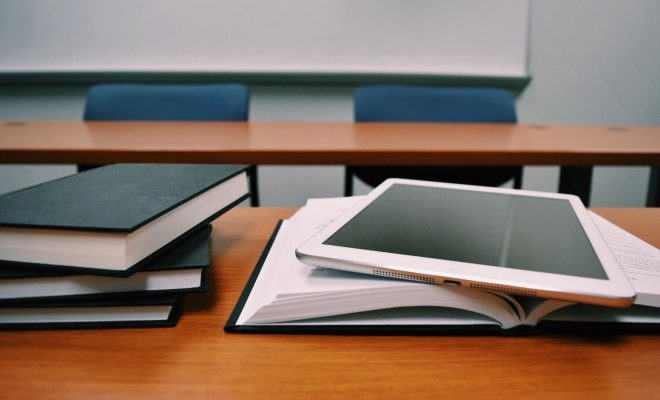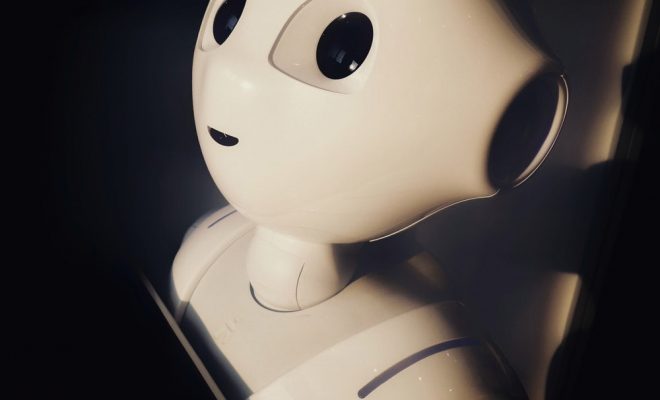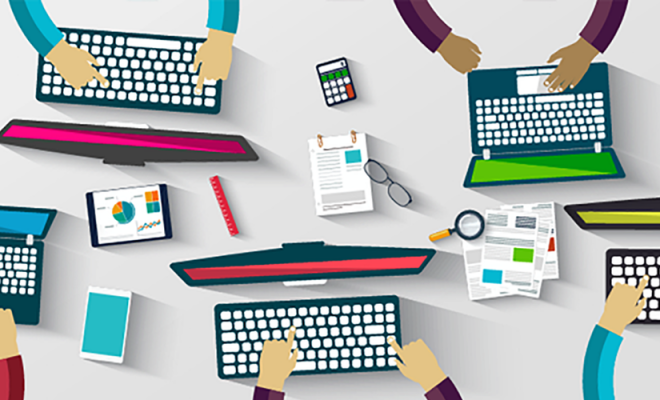6 Ways Machine Learning Will Revolutionize the Education Sector

Old school educators are having a hard time getting used to machines having the ability to think and learn. Suggesting to them that machine learning is going to revolutionize the education field usually falls on deaf ears. However, sooner or later, they will have to come to grips with this new reality.
For my readers who are new to the concept, machine learning is defined as Is defined as “a field of computer science that uses statistical techniques to give computer systems the ability to “learn” (i.e., progressively improve performance on a specific task) with data, without being explicitly programmed.” For example, in education, we see machine learning in learning analytics and artificial intelligence.
In this piece, I want to discuss 6 ways machine learning will revolutionize the education sector.
- Increasing efficiency. Machine learning in the form of artificial intelligence has the potential to make educators more efficient by completing tasks such as classroom management, scheduling, etc. In turn, educators are free to focus on tasks that cannot be achieved by AI, and that require a human touch.
- Learning analytics. Machine learning in the form of learning analytics can help teachers gain insight into data that cannot be gleaned by using the human brain. In this capacity, computers can perform deep dives into data, sifting through millions of pieces of content, and making connections and conclusions that positively impact the teaching and learning process.
- Predicative analytics. Machine learning in the form of predictive analytics can make conclusions about things that may happen in the future. For instance, using a data set of middle school students’ cumulative records, predictive analytics can tell us which ones are more likely to drop out because of academic failure or even their predicated score on a standardized exam, such as the ACT or SAT.
- Adaptive learning. Machine learning in the form of adaptive learning can be used to remediate struggling students or challenge gifted ones. Adaptive learning is a technology-based or online educational system that analyzes a student’s performance in real time and modifies teaching methods and the curriculum based on that data. Think AI meets dedicated math tutor meets personalized engagement.
- Personalized learning. Machine learning in the form of personalized learning could be used to give each student an individualized educational experience. Personalized learning is an educational model where students guide their own learning, going at their own pace and, in some cases, making their own decisions about what to learn. Ideally, in a classroom using personalized learning, students choose what they’re interested in, and teachers fit the curriculum and standards to the students’ interests.
- Assessment. Machine learning in the form of artificial intelligence can be used to grade student assignments and exams more accurately than a human can. It may require some input from a human being, but the results will have higher validity and reliability.
Machine learning is going to revolutionalize the field of education, whether we want it to or not. I only listed 6 ways in this article, but if I wanted to, I could list around 100. What did I leave over the list?






